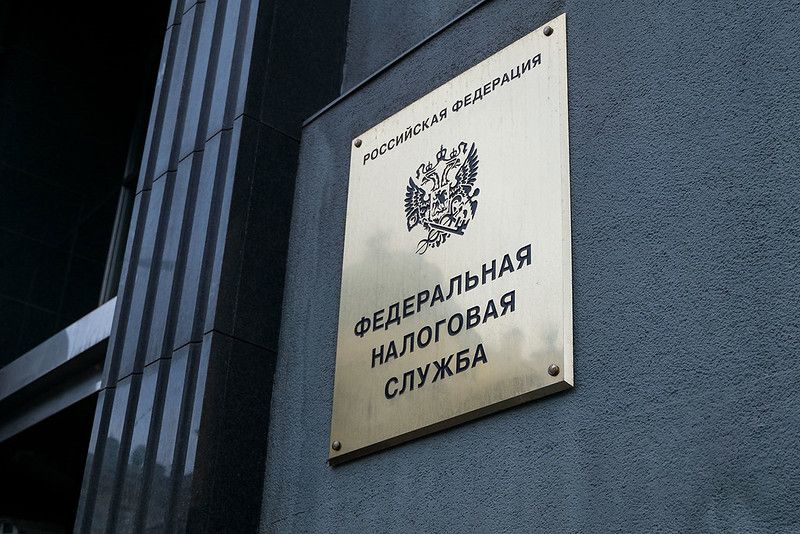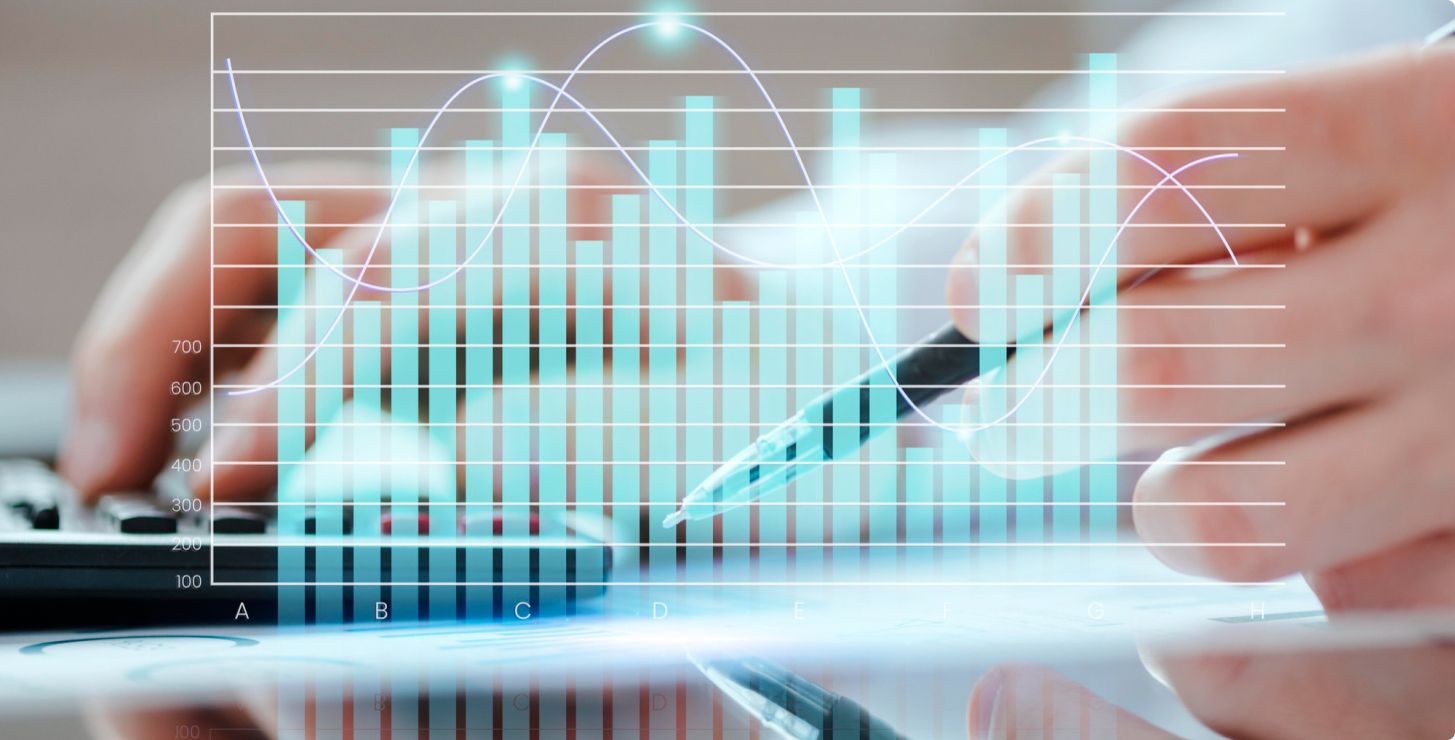Налоговый дайджест за март 2025 года

Mark Gindileev
Apr 22, 2025ФНС сообщила о сокращении числа контролируемых иностранных компаний россиян
Количество контролируемых россиянами иностранных компаний (КИК) по состоянию на конец 2023 года сократилось на 9% к уровню 2022 года, до 41,4 тысячи, — после бурного роста по итогам 2022 года на 21%, до 45,6 тысячи. Такие данные содержатся в презентации Федеральной налоговой службы (ФНС) об итогах работы за 2024 год, которую изучил РБК.
В презентации ФНС указывается, что 98% задекларированных КИК — иностранные организации. Оставшиеся 2% — иностранные структуры: траст, партнерство, фонд, товарищество, иная форма коллективных инвестиций или доверительного управления. Указанное соотношение в последние годы не меняется.
Снижение числа декларируемых КИК было зафиксировано впервые за все время действия этого механизма по контролю за зарубежными активами, то есть с 2015 года. В среднем они росли на 15% в год. В 2022 году из-за санкционного давления фиксировался всплеск декларирования КИК. Среди основных причин эксперты выделяли следующие:
- амнистия капиталов (четвертая волна)
- создание компаний в дружественных юрисдикциях для целей организации взаимодействия с иностранными контрагентами
- повышение штрафов за неисполнение обязанностей по подаче уведомлений о КИК (с 2021 года штраф за непредставление или несвоевременное представление уведомления о КИК был увеличен в 5 раз — до 500 тысяч рублей за каждую компанию). Несообщение о такой КИК либо отсутствие подготовленной финансовой отчетности по такой КИК может привести к более высокому штрафу, что могло стимулировать активнее раскрывать информацию.
- указ президента Российской Федерации от сентября 2022 года, разрешивший лицам из недружественных стран сделки с акциями/долями российских компаний.
В то же время число налогоплательщиков, представивших в налоговые органы уведомление о КИК за 2023 год, напротив, выросло на 12%, до 20,48 тысячи человек. Из них 83% пришлось на физлица и 17% — на юридические лица, следует из данных ФНС.
Среди возможных причин снижения количества декларируемых россиянами КИК можно выделить следующие:
- ликвидация старых КИК в юрисдикциях, ставших «недружественными». Ликвидация КИК может занять год или два, особенно с учетом необходимости переводить активы в другие юрисдикции и проходить комплаенс там.
- утрата контролирующими лицами статуса налогового резидента России;
- вывод активов из КИК при помощи «безналоговой передачи активов» (налоговая льгота, позволявшая российским налоговым резидентам до начала 2025 года вывести активы из КИК без налогов);
- повышение «фиксированного» налога на КИК. Ранее можно было перейти на уплату фиксированного налога 5 млн рублей за все КИК, но в 2024 году законодательство изменилось, и теперь 5 млн рублей оплачивается за каждую КИК, вплоть до пятой.
Банк России обновил условия, при которых инвестор сможет получить статус квалифицированного
Это могут быть как самостоятельные, так и комбинированные критерии признания.
В частности, к самостоятельным критериям могут относиться образование и ученая степень. Будут учитываться высшее образование по программе специалитета «Финансы и кредит» либо по программам магистратуры «Финансы и кредит» или «Финансы», а также ученая степень кандидата или доктора экономических наук по научным специальностям «Финансы, денежное обращение и кредит» или «Финансы».
Еще один самостоятельный критерий — средний доход за последние 2 года, который должен быть не менее 20 млн рублей в год. При этом деньги, полученные от продажи недвижимости, предлагается не учитывать. Это позволит минимизировать риски признания человека квалифицированным инвестором при единичном поступлении в его распоряжение больших сумм денег.
Кроме того, человек по-прежнему может получить статус квалифицированного инвестора по имущественному критерию — размеру активов. В настоящее время речь идет о 12 млн рублей, а с 1 января 2026 года этот размер увеличится до 24 млн рублей.
Также статус квалифицированного инвестора можно будет получить при комбинации высшего образования по программам специалитета, например «Теоретическая экономика», по программе магистратуры «Экономика» с доходом или имущественным критерием или опытом инвестирования на финансовом рынке. Такая же комбинация возможна при наличии ученой степени кандидата или доктора экономических наук по специальностям, указанным на сайте ЦБ РФ. При таких сочетаниях предлагается снизить критерий дохода и имущественный критерий до 6 млн рублей в год. При этом с 1 января 2026 года имущественный критерий увеличится до 12 млн рублей в год.
Внесудебный порядок взыскания налогов с физических лиц — поправки приняты в первом чтении
Госдума в первом чтении приняла правительственный законопроект, который устанавливает порядок внесудебного взыскания с физических лиц, не являющихся ИП, обязательных платежей и наложение санкций с сохранением судебного контроля при возникновении спора о законности и обоснованности предъявленных требований.
Законопроект предусматривает применение внесудебного порядка взыскания в отношении задолженности по налогам, сборам, страховым взносам, исчисляемым физическим лицом самостоятельно (при подаче налоговых деклараций, применении специального налогового режима НПД). Если же сумма задолженности начислена налоговым органом на основании налогового уведомления или решения о привлечении к ответственности за совершение налогового правонарушения/решения об отмене (полностью или частично) решения о предоставлении налогового вычета, то внесудебный порядок может быть применен только в случае отсутствия спора.
В свою очередь, для случаев возникновения спора, а также принудительного взыскания задолженности законопроектом предусмотрены соответствующие процессуальные и процедурные гарантии. Налогоплательщик, не согласный с решением о взыскании, может подать жалобу в налоговый орган (до обращения в суд). На период рассмотрения жалобы списание будет приостановлено.
Принимая во внимание особый правовой статус налогоплательщиков — физических лиц, законопроект не предусматривает возможности приостановления операций по их счетам.
ЦБ предложил разрешить «особым» инвесторам экспериментальные сделки с криптовалютой
Банк России предложил разрешить ограниченному кругу инвесторов покупать и продавать криптовалюты. Для этого планируется установить специальный экспериментальный правовой режим (ЭПР) сроком на три года, говорится в сообщении ЦБ.
Предполагается, что сделки с криптовалютами внутри ЭПР смогут совершать только «особо квалифицированные инвесторы». Это новый статус, который, как предполагается, смогут получить граждане, если их инвестиции в ценные бумаги и депозиты превышают 100 млн рублей или если их доходы за прошлый год составили больше 50 млн рублей.
Также предлагается, чтобы участниками эксперимента стали компании — квалифицированные инвесторы по действующему законодательству, то есть организации, профессионально работающие на фондовом рынке, например банки, страховые компании, брокеры, доверительные управляющие, негосударственные пенсионные фонды и управляющие компании паевых инвестиционных фондов.
Для финансовых организаций, которые захотят инвестировать в криптовалюту, Банк России планирует установить регуляторные требования с учетом уровня и характера рисков такого актива.
Вне экспериментального режима планируется разрешить всем квалифицированным инвесторам вкладывать средства в расчетные производные финансовые инструменты (биржевые контракты на разницу цен, без фактического перехода активов между инвесторами) ценные бумаги и цифровые финансовые активы, которые не предусматривают поставки криптовалюты инвесторам, но их доходность привязана к ее стоимости.
Льгота по НДФЛ при реализации акций (долей в уставном капитале) принудительно редомицилированных в Россию компаний
С 1 января 2025 года поменялся порядок освобождения от НДФЛ доходов от продажи долей участия в российских компаниях, а также акций по сроку владения (п. 17.2 ст. 217 НК РФ). Освобождение не применяется к сумме доходов в виде налоговой базы по таким операциям, превышающей 50 млн рублей. В то же время Указом президента № 73 от 24 января 2024 года предусмотрено, что если физические лица — налоговые резиденты РФ, вступившие в прямое владение принудительно редомицилированными компаниями, в дальнейшем продадут такие доли/акции, то положения НК РФ об освобождении от НДФЛ по сроку владения будут применяться для них в «старой» редакции, то есть без учета указанных выше ограничений. Минфин России в своих разъясняющих письмах № 03-04-07/117849 и № 03-04-06/118867 подтвердил эту позицию.
В Госдуму внесли проект, снимающий проблему повышенных налогов для акционеров принудительно редомицилированных компаний
Согласно действующей версии Налогового кодекса РФ, установлены специальные правила расчета расходов на покупку акций или долей принудительно редомицилируемых в Россию компаний.
Так, в случае прямого участия налогоплательщика в иностранной холдинговой компании, владеющей российским активом, налоговая стоимость получаемых при редомициляции акций/долей устанавливается так: берется сумма документально подтвержденных и фактически осуществленных расходов налогоплательщика на приобретение акций/долей в уставном капитале такой иностранной холдинговой компании. Затем она умножается на долю балансовой стоимости акций/долей в уставном капитале российской компании, принадлежащих такой иностранной холдинговой компании, в балансовой стоимости активов иностранной холдинговой компании. Учитывается доля согласно финансовой отчетности на последнюю отчетную дату, предшествующую 1 марта 2022 года. Использование такого подхода зачастую приводит к тому, что инвесторы, приобретавшие доли/акции российских компаний, выведенных на биржу с использованием иностранных холдингов, не могут вычесть полную сумму осуществленных расходов. Эта ситуация актуальна, например, для инвесторов в акции Русагро и Х5.
Внесенный в Госдуму РФ законопроект предлагает по решению редомицилируемой компании вместо доли балансовой стоимости использовать долю рыночной стоимости ее акций/долей в рыночной стоимости активов иностранной холдинговой компании по состоянию через 150 дней после вынесения судебного решения о приостановлении прав иностранной холдинговой компании. В этом случае оценка будет проводиться по инициативе редомицилируемой компании независимым оценщиком, действующим по российскому законодательству. Рассчитанная с учетом рыночной оценки доля будет публиковаться редомицилируемой компанией в течение 30 дней с даты отчета об оценке. В ряде случаев законопроект предполагает возможность приравнивать эту долю к единице.
Если законопроект будет принят, инвесторы в российские компании, которые выводились на биржу при помощи иностранных холдинговых компаний, смогут при продаже таких инвестиций вычесть все или почти все расходы, понесенные на их приобретение, а проблема неполного вычета таких расходов, что ведет к повышенному налогу при продаже, будет решена.
Зарубежные инвесторы получат компенсацию за потерянные в России активы
Euroclear разморозит часть российских активов. Разрешение на это депозитарию выдало казначейство Бельгии. Деньги пойдут на выплату компенсаций инвесторам, которые понесли убытки из-за судебных решений в России и указа Президента РФ от 19 марта 2024 года.
Euroclear и правительство Бельгии таким образом предлагают своим клиентам, чьи активы были затронуты российскими контрсанкционными мерами, возможность получить компенсацию за счет заблокированных средств, находящихся в его ведении. Речь идет, в некотором смысле, об обмене активами, хотя и посредством односторонних мер со стороны Национального расчетного депозитария и Euroclear. Euroclear выплатит средства тем своим клиентам, которые получили бы деньги, если бы не российские контрсанкции. В основном речь идет о европейских и американских банках и брокерах. А уже они смогут распределить эти средства между клиентами, в основном западными.
Марк Гиндилеев Налоговый юрист
Для получения детальных разъяснений вы можете обратиться к автору напрямую через Facebook или Telegram.

